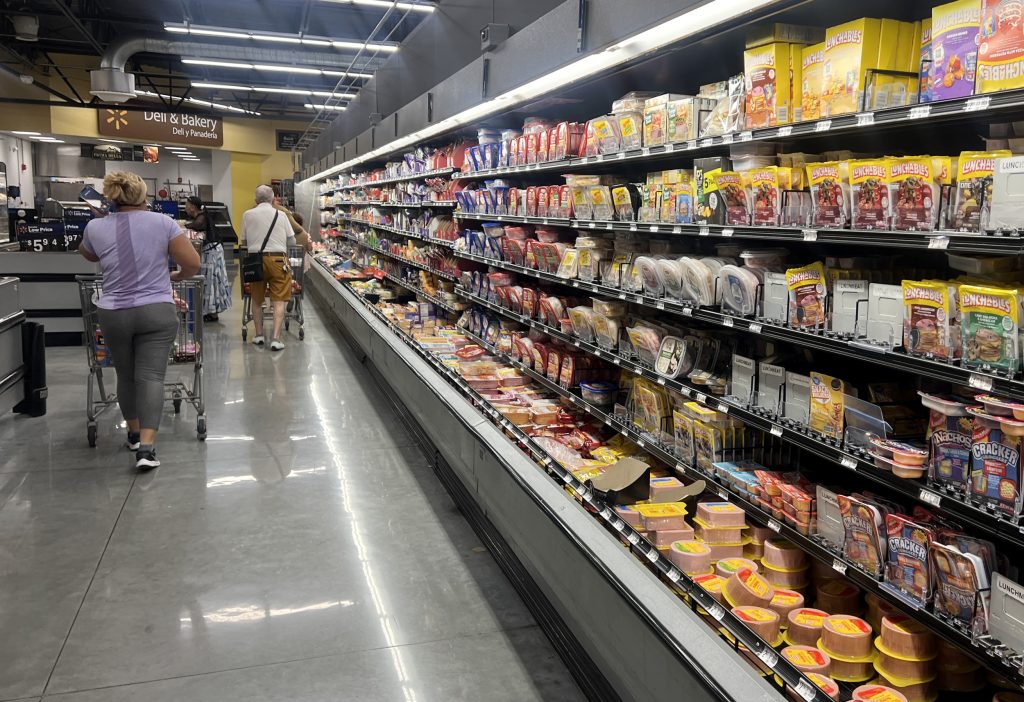Navigating Christmas Day Shopping: A Guide to Open and Closed Retailers
Christmas Day, a time traditionally reserved for family gatherings and festive celebrations, often presents unexpected shopping needs. Whether it’s a forgotten ingredient for the Christmas feast, a last-minute gift, or simply the desire to take advantage of holiday sales, knowing which stores remain open is crucial. This comprehensive guide provides a breakdown of retailers operating on Christmas Day, along with those that prioritize employee time off and close their doors. It also examines the evolving landscape of shopping and how consumer preferences influence retail strategies.
Stores Open on Christmas Day: Catering to Last-Minute Needs
Several essential retailers recognize the need for continued service on Christmas Day and remain open, albeit sometimes with adjusted hours. Grocery stores like Safeway and Albertsons offer limited operations, requiring shoppers to confirm specific hours with their local branches. Convenience stores like 7-Eleven and Circle K, mainstays for quick purchases, maintain their usual 24-hour service, providing a reliable option for emergency supplies.
For those seeking a respite from holiday cooking or faced with culinary mishaps, several restaurant chains offer a dining-out alternative. Denny’s, known for its 24/7 availability, continues to serve customers. IHOP and Waffle House also largely maintain their operations, while Applebee’s remains open at most locations, although checking local hours is advisable.
Drugstores like CVS, Rite Aid, and Walgreens provide access to essential medications, last-minute gifts, and wrapping supplies. However, their operating hours may be reduced, emphasizing the importance of verifying local store hours before venturing out. Coffee shops, including Starbucks, Dunkin’, and Caribou Coffee, also offer a caffeine fix at select locations for those needing a boost during the holiday rush.
Stores Closed on Christmas Day: Prioritizing Employee Well-being
While some stores cater to Christmas Day shoppers, many major retailers prioritize employee well-being by closing their doors. Retail giants such as Walmart, Target, and Costco remain shuttered on December 25th, affording their workforce a day off for holiday celebrations. These closures reflect a growing trend of prioritizing employee well-being and recognizing the importance of work-life balance, particularly during holidays.
Grocery chains like Kroger and Trader Joe’s also observe Christmas Day closures. While Kroger remains open on other holidays like Thanksgiving and Easter, Christmas consistently marks a day of rest for its employees. Trader Joe’s follows a similar practice, closing entirely on Christmas Day and operating with reduced hours on Christmas Eve. Similarly, Whole Foods Market, known for its focus on organic and natural products, closes its doors on Christmas Day.
The Shifting Sands of Retail: Online vs. In-Store Experiences
The retail landscape has undergone significant transformation in recent years, driven largely by the rise of e-commerce. Online shopping, spearheaded by giants like Amazon, has become increasingly popular, offering customers the convenience of browsing and purchasing from the comfort of their homes. This shift has challenged traditional brick-and-mortar stores to adapt and find new ways to attract and retain customers.
Despite the convenience of online shopping, many consumers still value the tangible experience of in-store shopping. The ability to physically examine products, interact with sales staff, and enjoy the social aspect of shopping remains a draw for many. This preference for in-person shopping underscores the importance of brick-and-mortar stores continuously innovating to provide engaging and personalized customer experiences.
Strategies for a Successful Holiday Shopping Season:
Whether shopping online or in-store, careful planning can significantly enhance the holiday shopping experience. Creating a gift list, setting a budget, and researching product availability prevent last-minute stress. For online shoppers, comparing prices, reading reviews, and factoring in shipping times are crucial. In-store shoppers can benefit from checking store hours, planning their routes, and taking advantage of sales and promotions.
The decision of where and how to shop during the holiday season depends largely on individual preferences and circumstances. Online shopping provides convenience and accessibility, while in-store shopping offers a personal touch and immediate gratification. By understanding the advantages and disadvantages of each approach, shoppers can make informed decisions that best suit their needs and contribute to a smoother, more enjoyable holiday experience. Ultimately, whether choosing the convenience of online shopping or the tangible experience of browsing physical stores, careful planning and informed decision-making contribute to a more fulfilling and stress-free holiday shopping experience.










